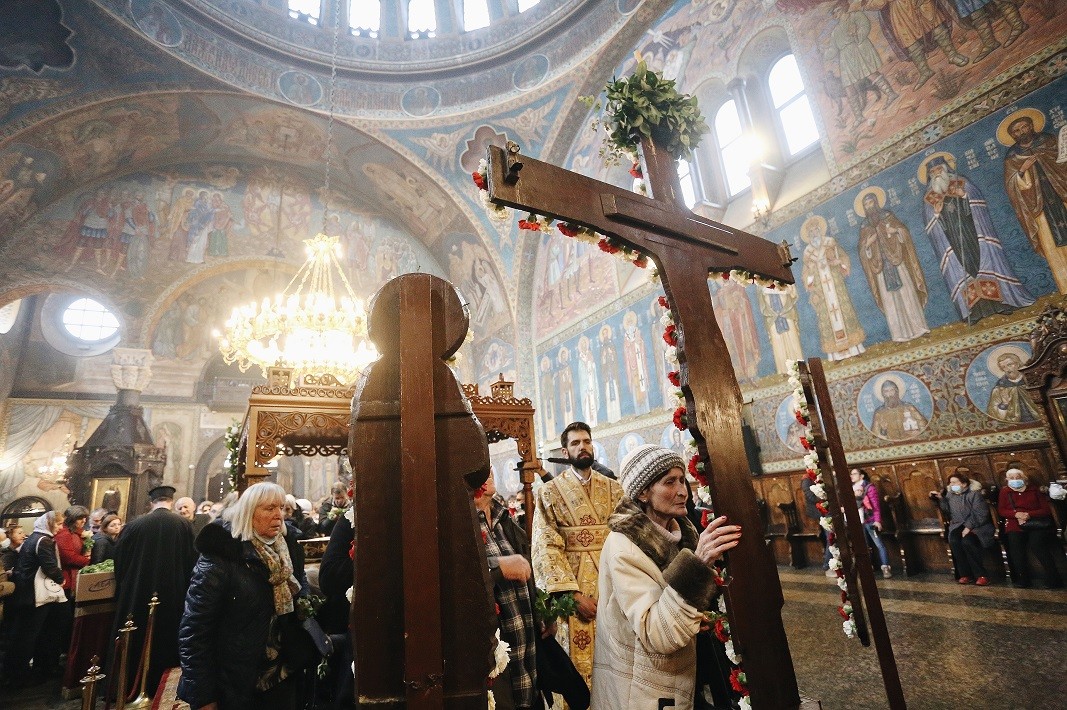
In 1979, the children’s TV series ''Filyo and Makenzen'' premiered on Bulgarian screens, directed by Dimitar Petrov and Vladislav Ikonomov with a screenplay by Svoboda Bachvarova. The adventures of two boys from a small provincial town during the..
A concert by supergroup "The Foundation", Kiril Marichkov's birthday anniversary and the Day of Bulgarian Rock - these three events come together in one on October 30 in Sofia. The big concert will bring together legendary Bulgarian rock bands..
As a well-established name on the Bulgarian music scene, Grafa has always supported young and talented artists. His latest song “Each of Us” is a duet with Robi—a popular performer from the new generation. The music video for the song deserves..

+359 2 9336 661
